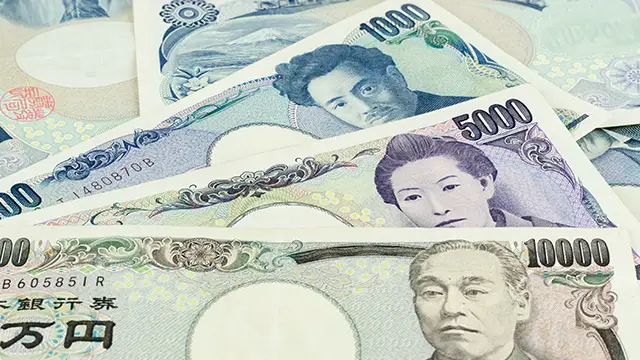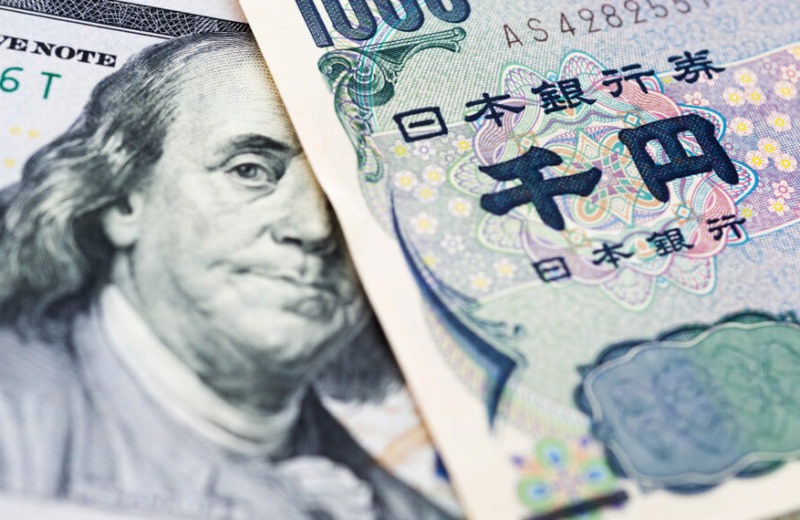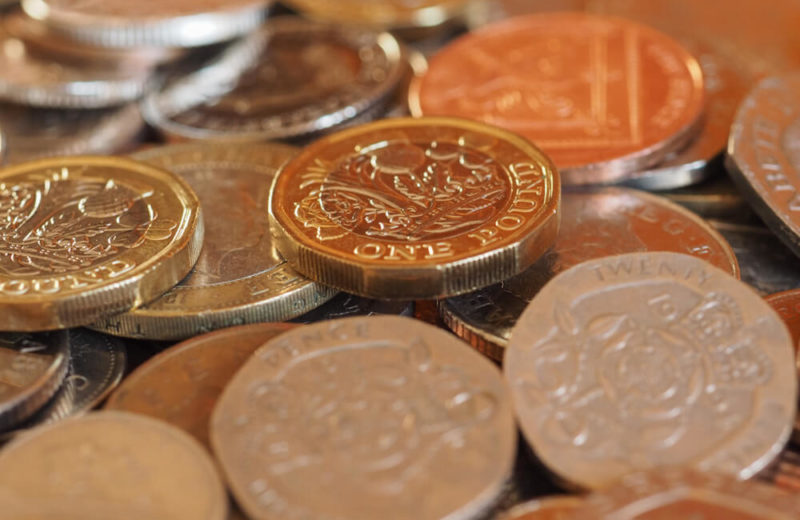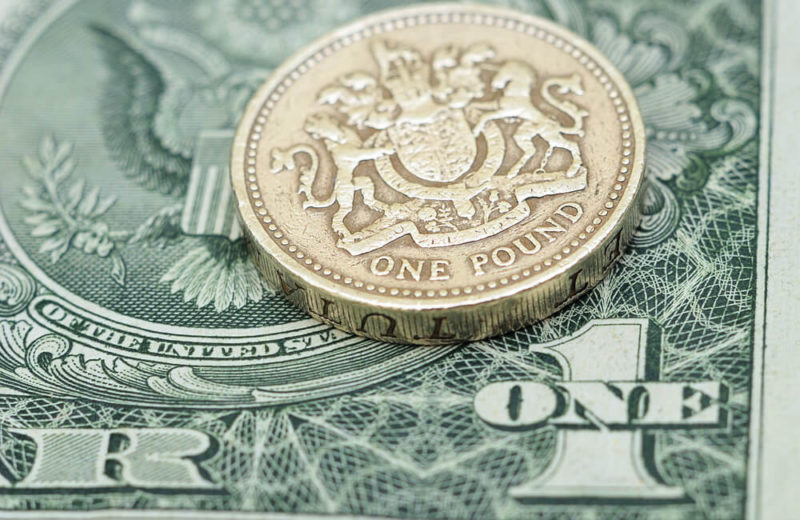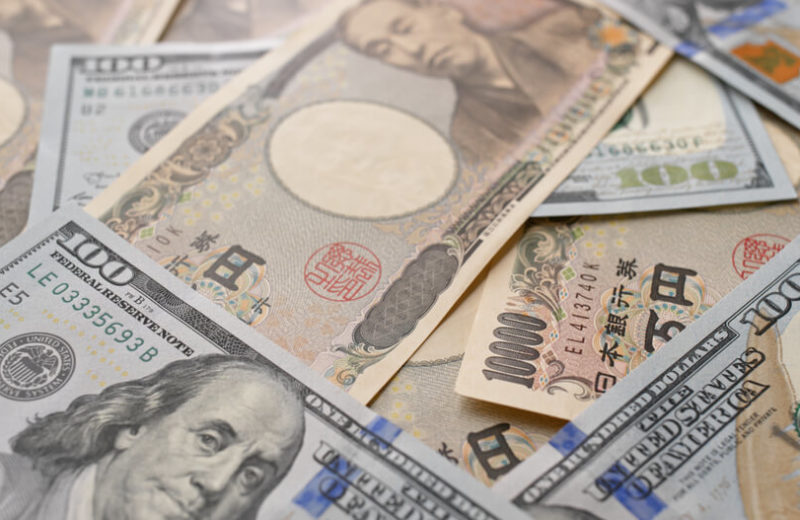Key Points
- The Nigeria central bank discovered $2.4 billion in false foreign exchange claims from a $7 billion backlog.
- A forensic audit by Deloitte highlighted non-existent claimants and unauthorised allocations.
- The CBN has successfully paid $2.3 billion in valid claims, benefiting airlines, manufacturing, and energy sectors.
- Economic analysts offer mixed reactions, acknowledging the audit’s positive impact yet foreseeing unresolved core issues.
- The discovery underscores urgent calls for governance reform amidst Nigeria’s ongoing foreign exchange crisis.
- President Bola Tinubu’s commitment to combating corruption and pushing economic reforms remains under scrutiny.
In a landmark development, the Central Bank of Nigeria (CBN) has uncovered $2.4 billion in fraudulent foreign exchange claims within a $7 billion backlog. This discovery emerged from an exhaustive forensic audit carried out by Deloitte, representing a crucial step in the bank’s push for transparency. This audit, the first in seven years, exposed a range of invalid claims, from non-existent claimants to unauthorised allocations. It reveals significant flaws in Nigeria’s foreign exchange management system.
CBN Processes $2.3 Billion in Legitimate Forex Claims
Following the uncovering of these fraudulent claims, the CBN has taken steps to rectify these discrepancies, resulting in the clearance of $2.3 billion in valid claims across vital sectors such as airlines, manufacturing, and energy. This action is viewed as a key measure to mitigate the ongoing foreign exchange shortages that have hampered the economy.
The audit’s revelations have garnered mixed reactions from economic analysts. Some view it as a positive move towards enhancing Nigeria’s financial credibility and liquidity. However, others see it as a superficial solution to more systemic problems. The general consensus among experts is that, although the audit marks a noteworthy attempt to cleanse the system, it falls short of addressing the core issues plaguing Nigeria’s economy, such as policy inconsistency and resource mismanagement.
Increased Calls for Reform in Wake of Forex Crisis
The exposure of these fraudulent claims has amplified demands for extensive governance reforms within Nigeria’s financial framework. Consequently, critics contend that the mishandling of foreign exchange resources has been a major factor in the country’s current economic instability. President Bola Tinubu’s government has committed to combating corruption and enacting significant economic reforms. Yet, the nation is still waiting for concrete progress, leaving the effectiveness of these pledges in question.
The groundbreaking audit highlights the significant financial discrepancies within Nigeria’s central banking system and emphasises the critical need for enhanced transparency, accountability, and structural reforms. As the international community watches, there is hope for a future where Nigeria achieves financial integrity and prosperity.



